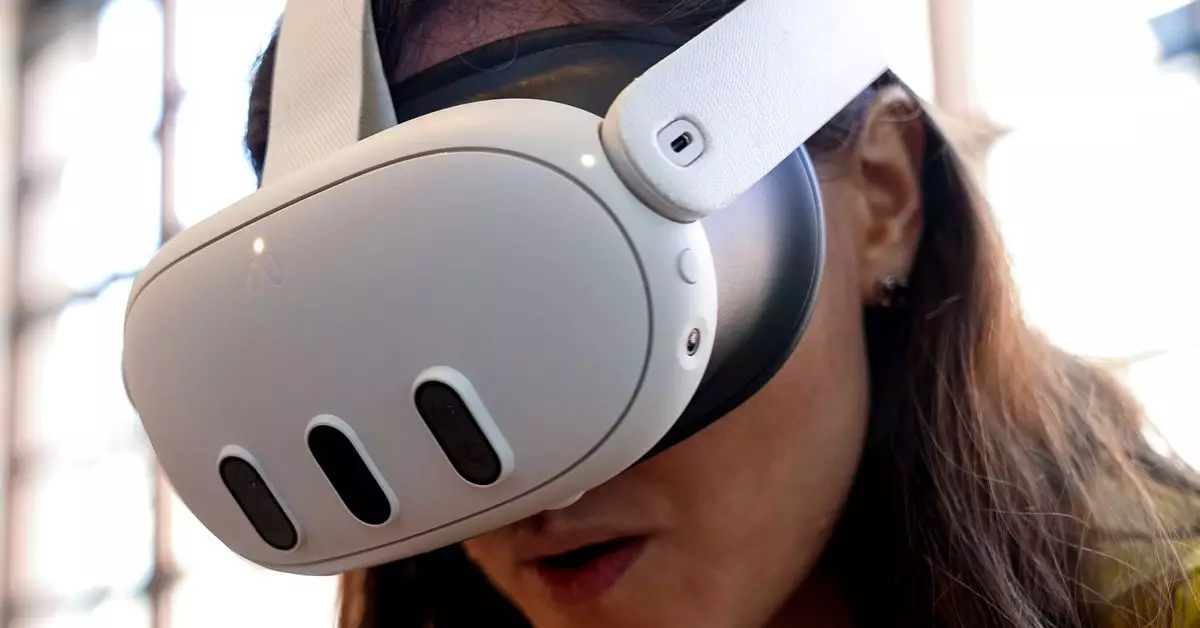Virtual Reality (VR) technology has been advancing rapidly in recent years, with companies like Meta (formerly Facebook) and Apple pushing the boundaries of what is possible in immersive computing. One of the latest features being tested by Meta for its Quest headsets brings the ability to multitask with multiple windows in a way that is reminiscent of the Apple Vision Pro. This feature has the potential to revolutionize the way we use VR headsets for productivity and entertainment purposes.
Meta has been experimenting with a new multitasking feature for its Quest headsets that allows users to place windows freely within their virtual space. While the current iteration only supports up to three virtual windows docked in a side-by-side layout, the experimental version in the Meta Quest Public Test Channel shows promise for future developments. Users can move 2D app windows, such as browsers or OS windows like libraries and settings, around their virtual space, with the ability to keep up to three windows docked in place. However, there are limitations to the feature, as windows only remember their placement within a limited distance and revert to default positions when the user changes orientation or resets the view.
In comparison, the Apple Vision Pro offers a more advanced multitasking experience, allowing users to move windows around their physical space and locking them in place even when the headset is removed. This feature enables users to have virtual windows positioned in specific locations, such as next to a refrigerator or alongside a TV, creating a seamless transition between the physical and virtual worlds. While the Meta Quest’s multitasking feature shows potential, it falls short of the level of innovation seen in the Apple Vision Pro.
With the increasing emphasis on productivity in VR technology, Meta’s Quest headsets are being marketed for more than just gaming. The ability to multitask with multiple windows opens up new possibilities for using VR headsets in work and entertainment settings. While the Quest 3 may not match the functionality of the Apple Vision Pro, which comes at a higher price point, it offers a more affordable option for users looking to explore the potential of VR multitasking.
The future of multitasking in VR is evolving rapidly, with companies like Meta and Apple pushing the boundaries of what is possible in immersive computing. While Meta’s Quest headsets show promise with their new multitasking feature, there is still room for improvement to match the level of innovation seen in the Apple Vision Pro. As VR technology continues to advance, we can expect to see even more exciting developments in the way we use virtual environments for productivity and entertainment purposes.


Leave a Reply